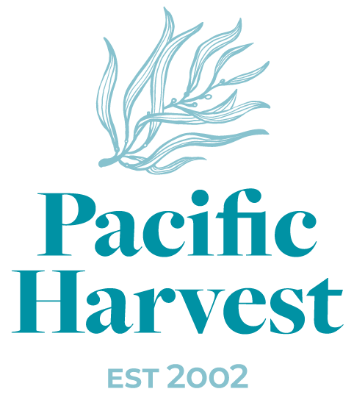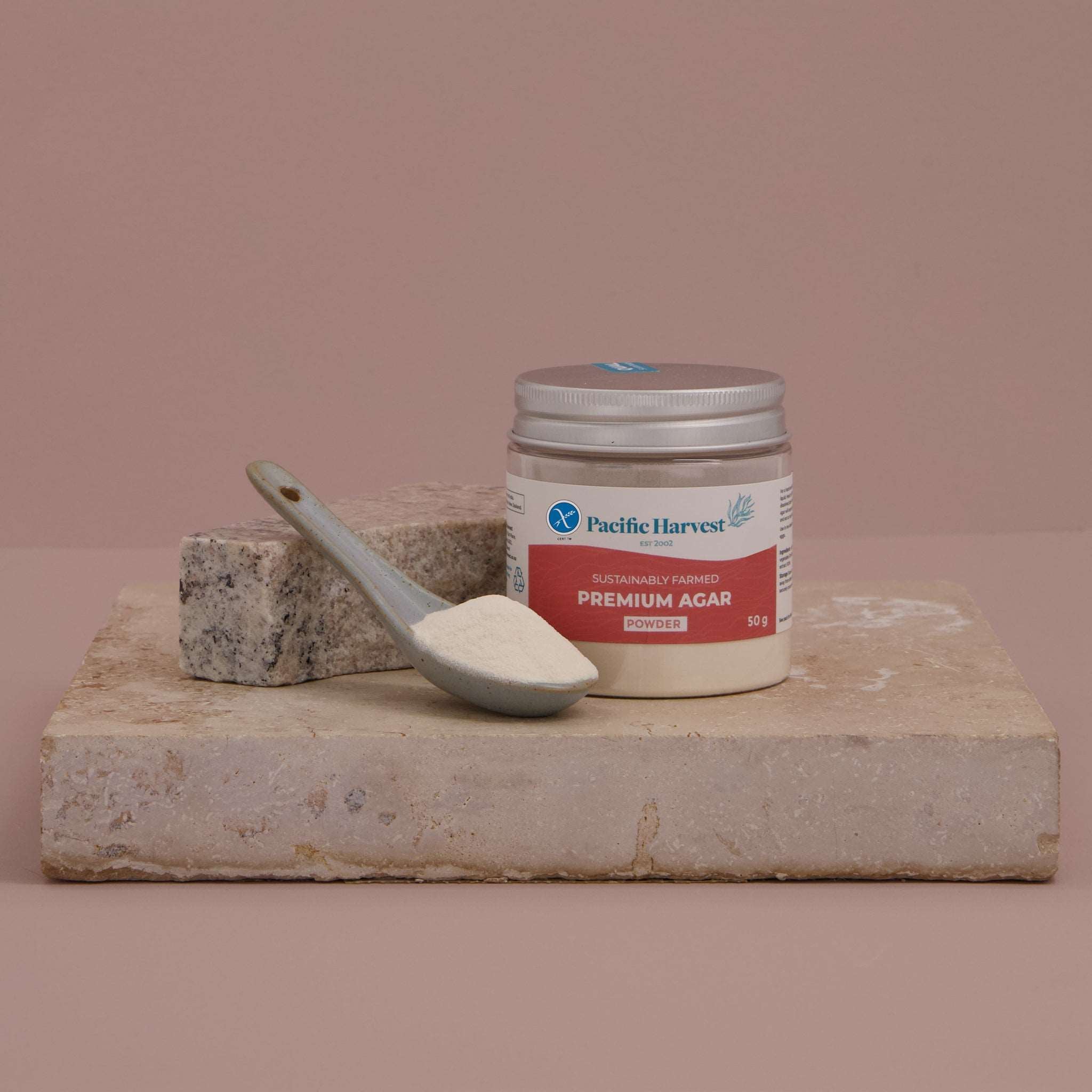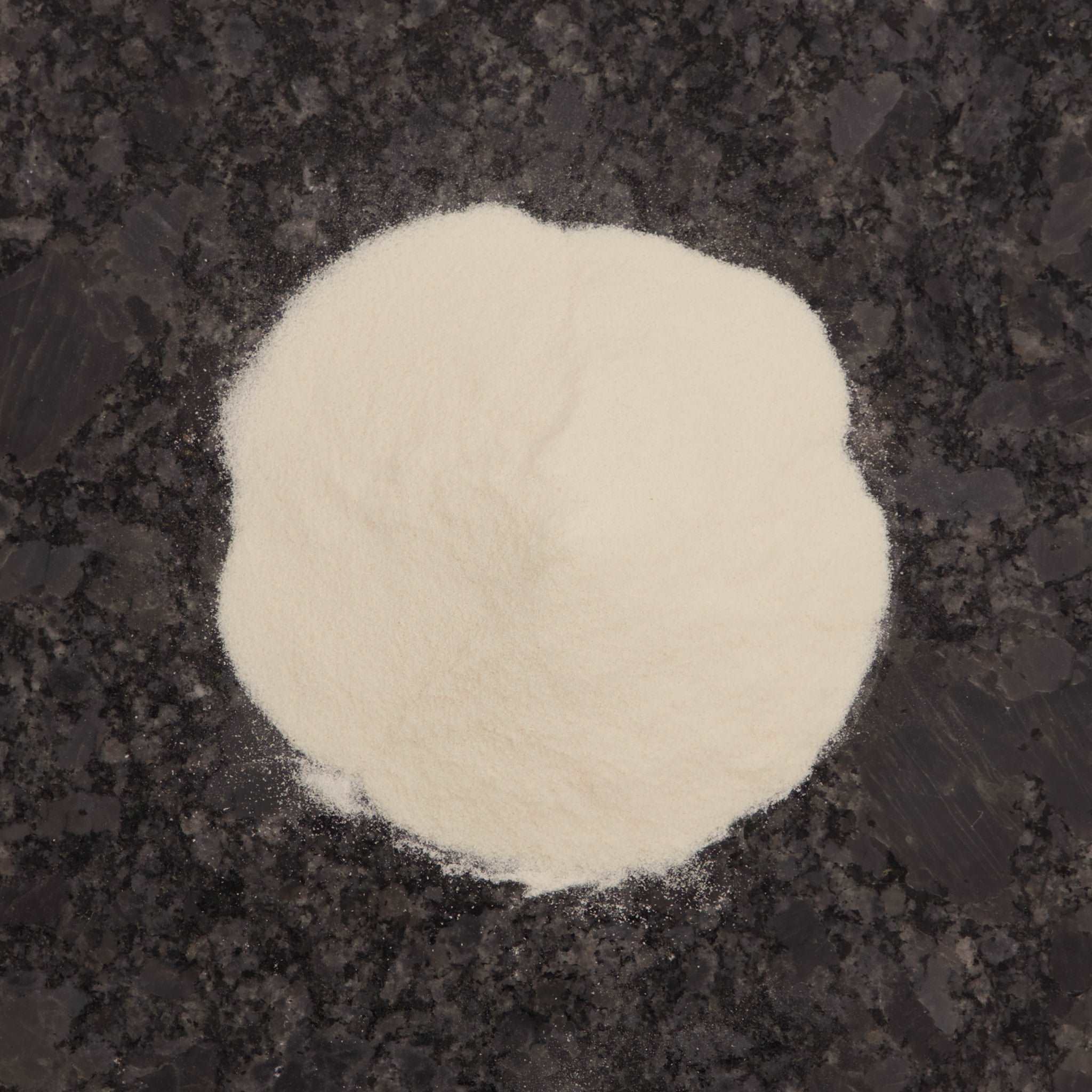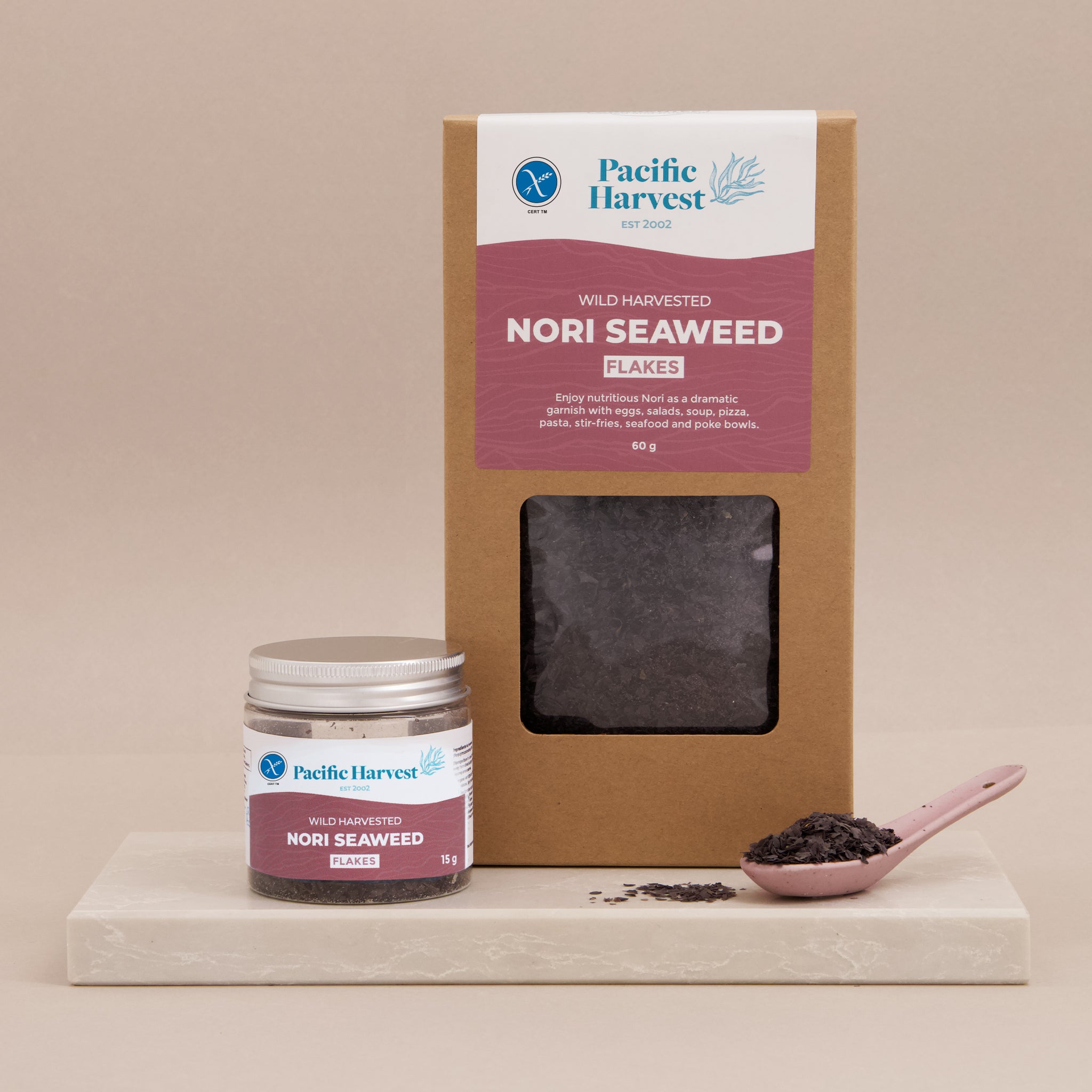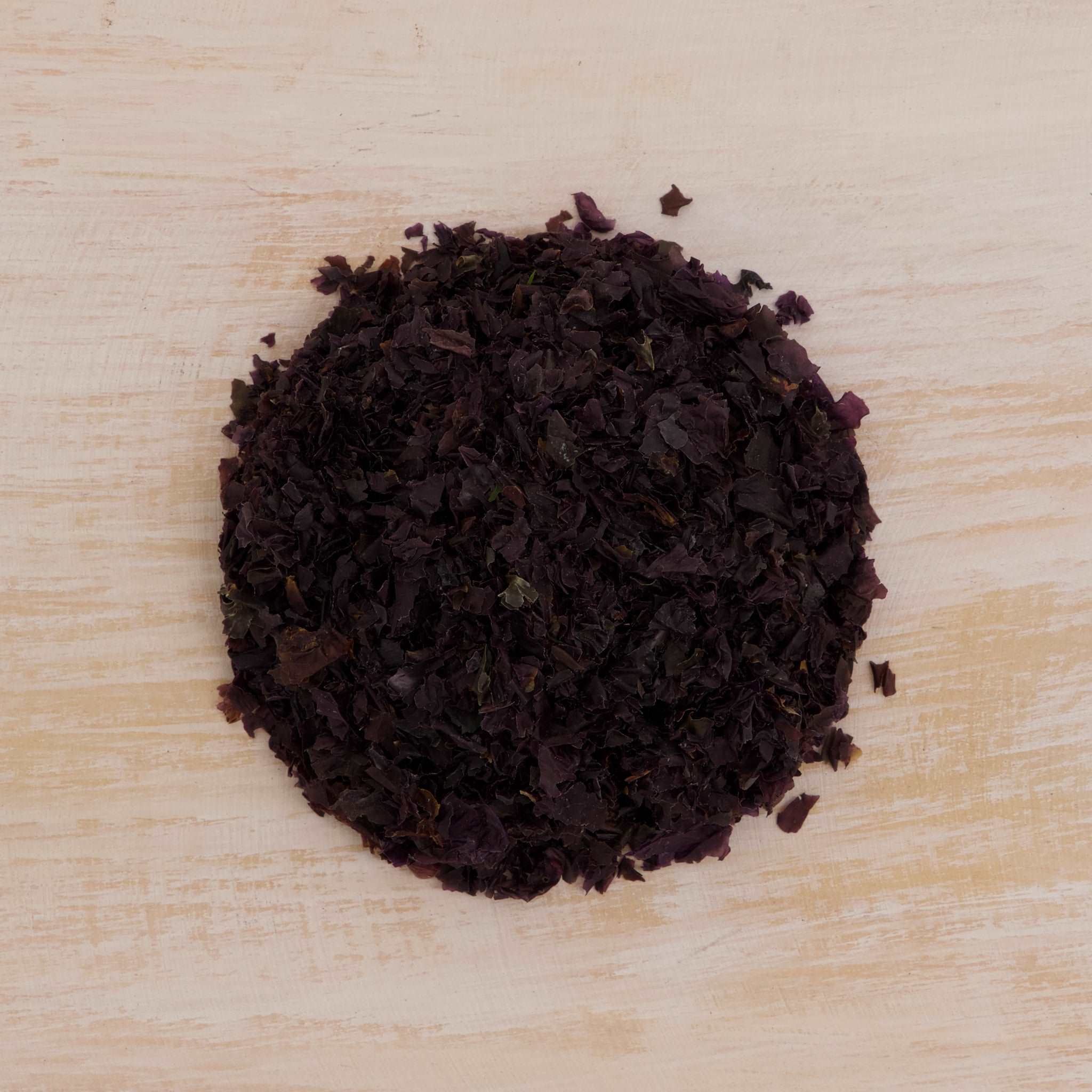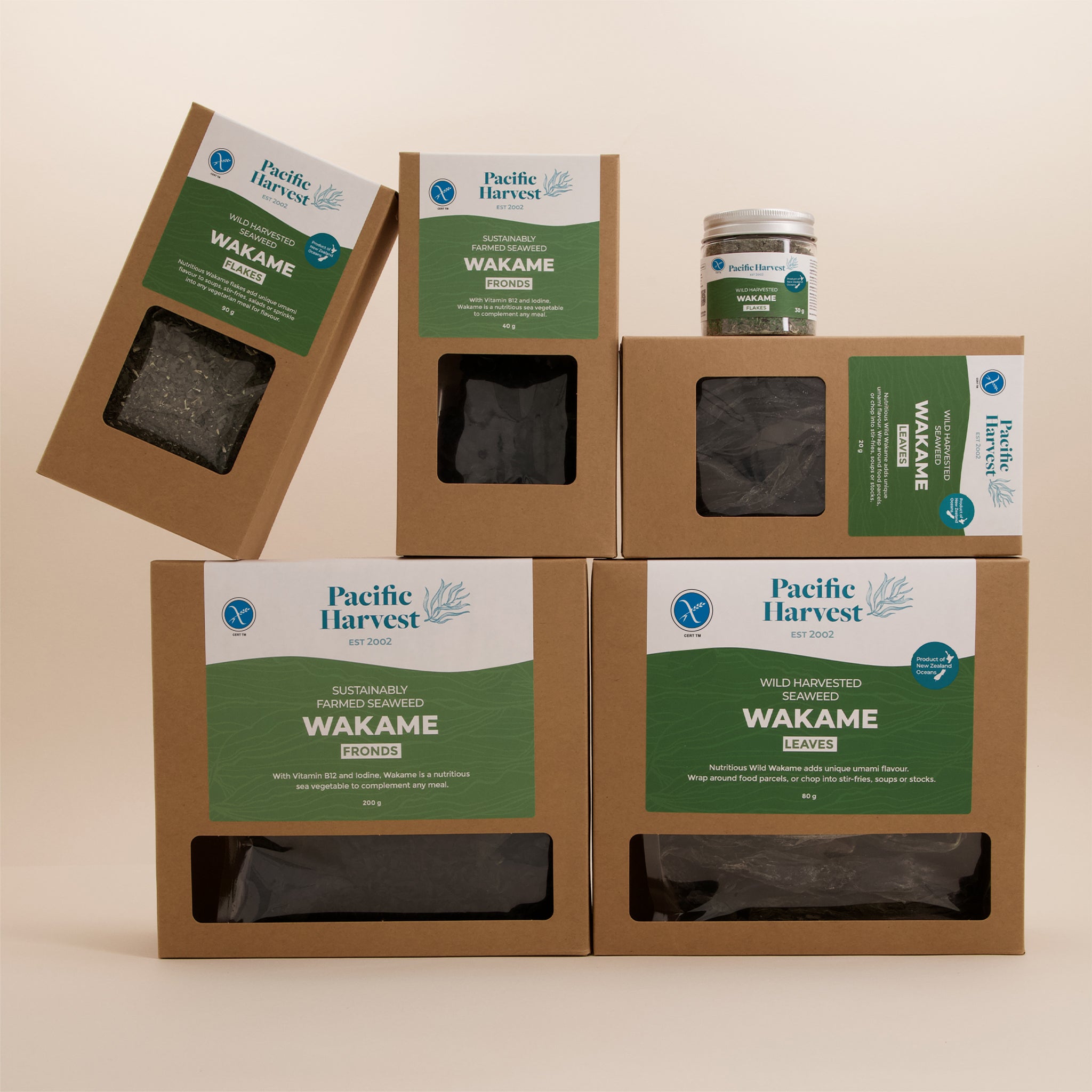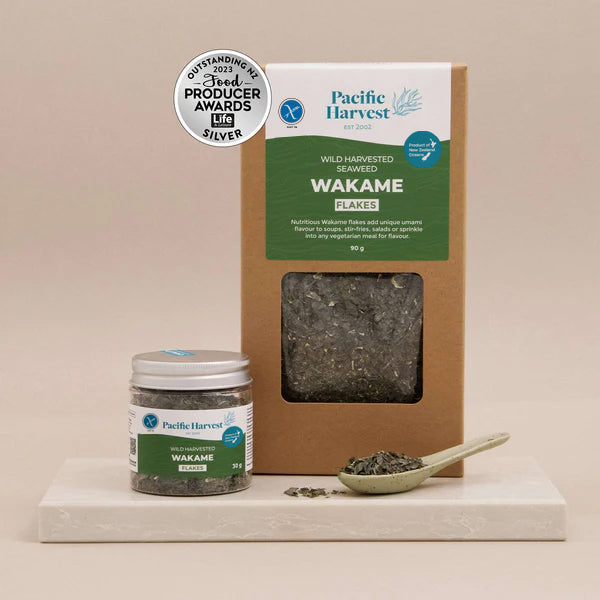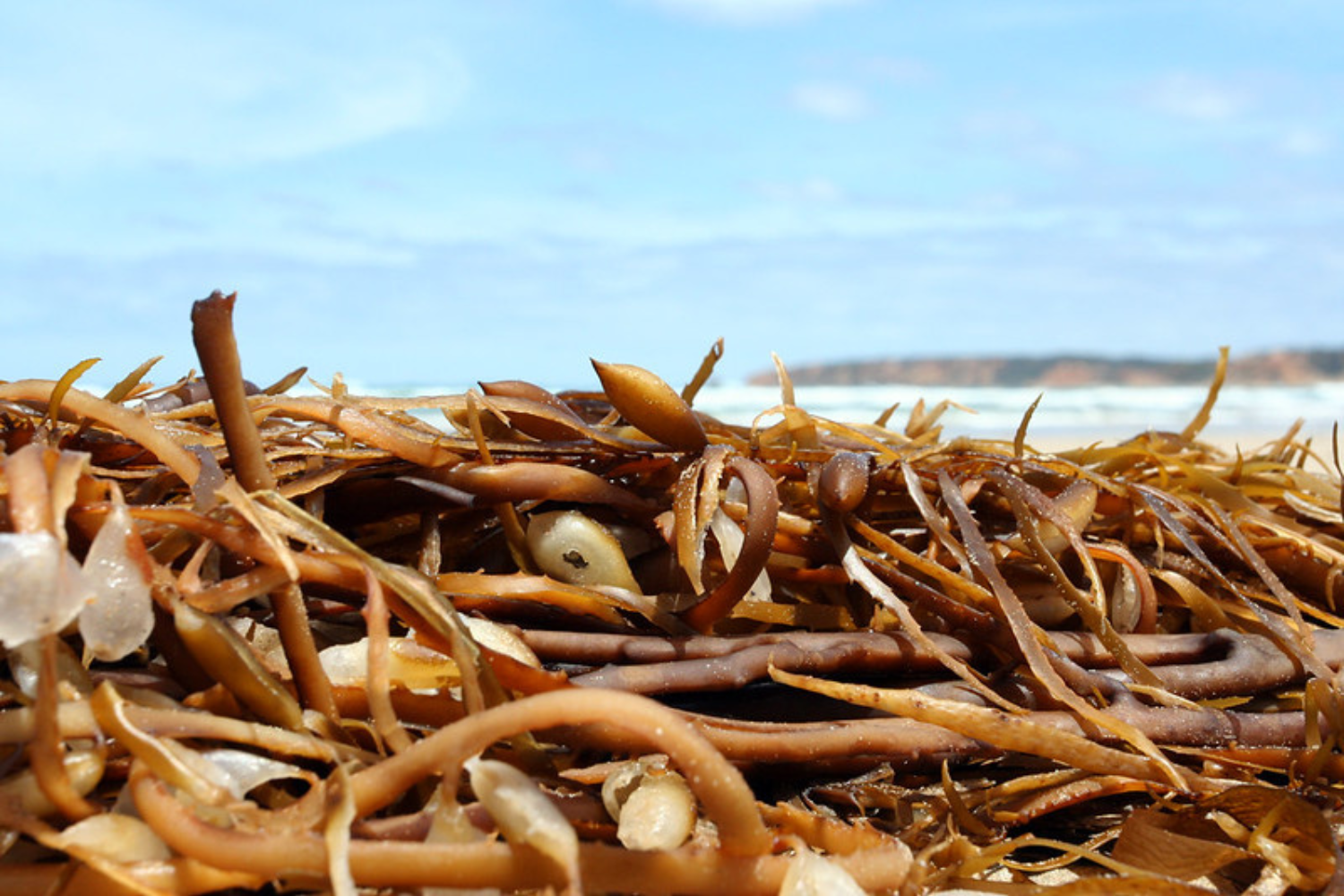Algae created us, sustains us, and if we are both clever and wise, they can help save us
Learn about seaweed's power to heal us and our planet, as well as delight our culinary senses.
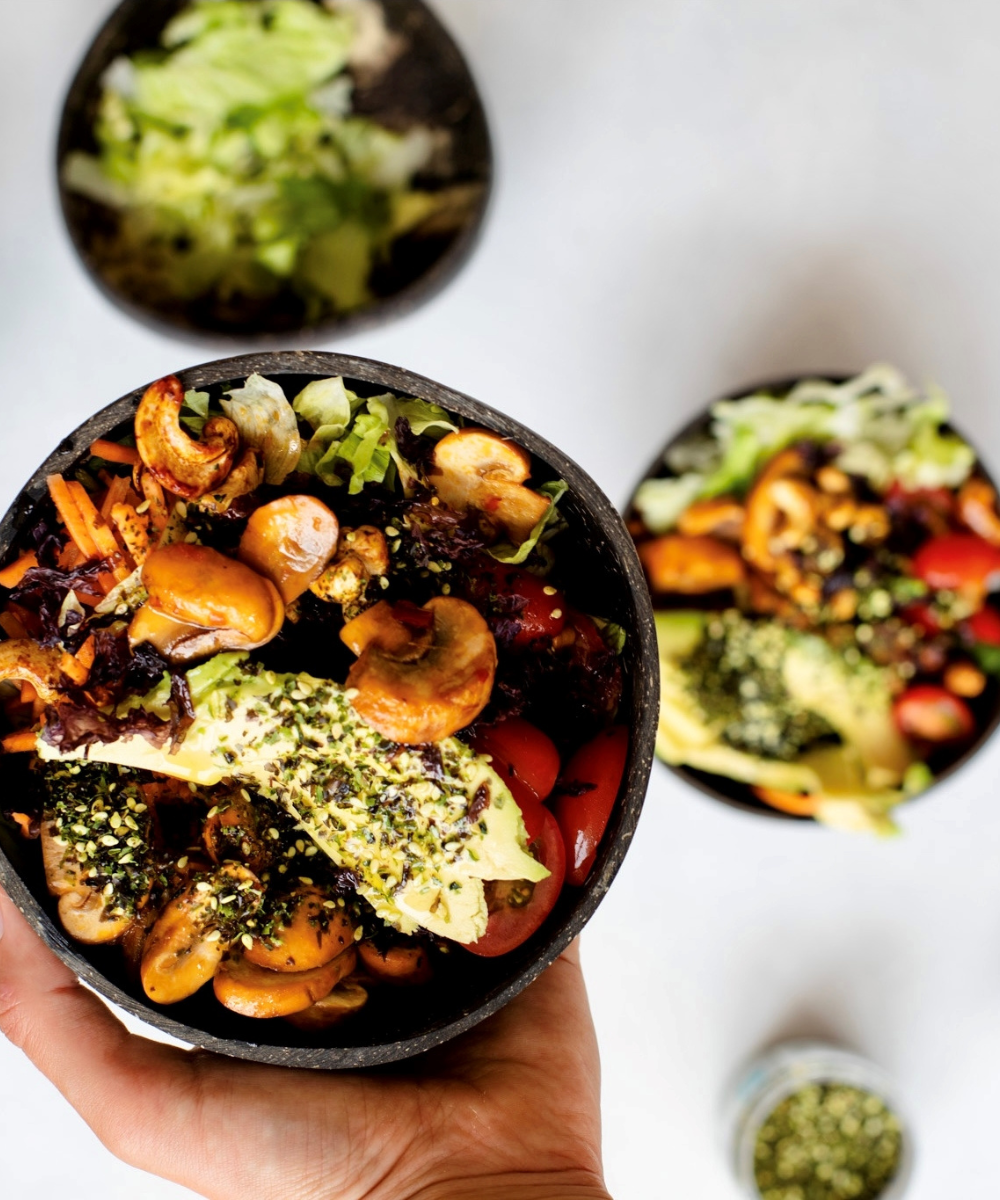
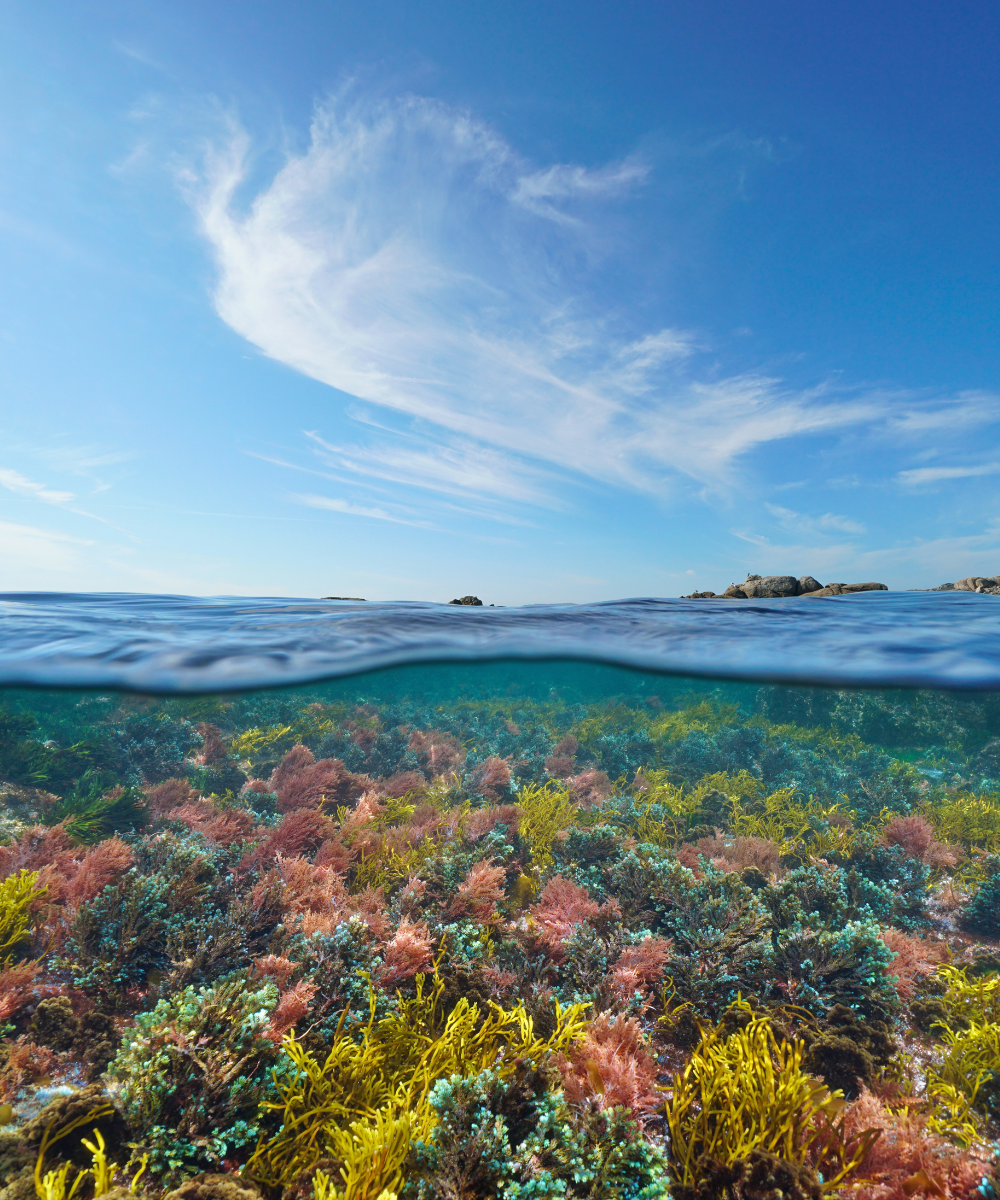
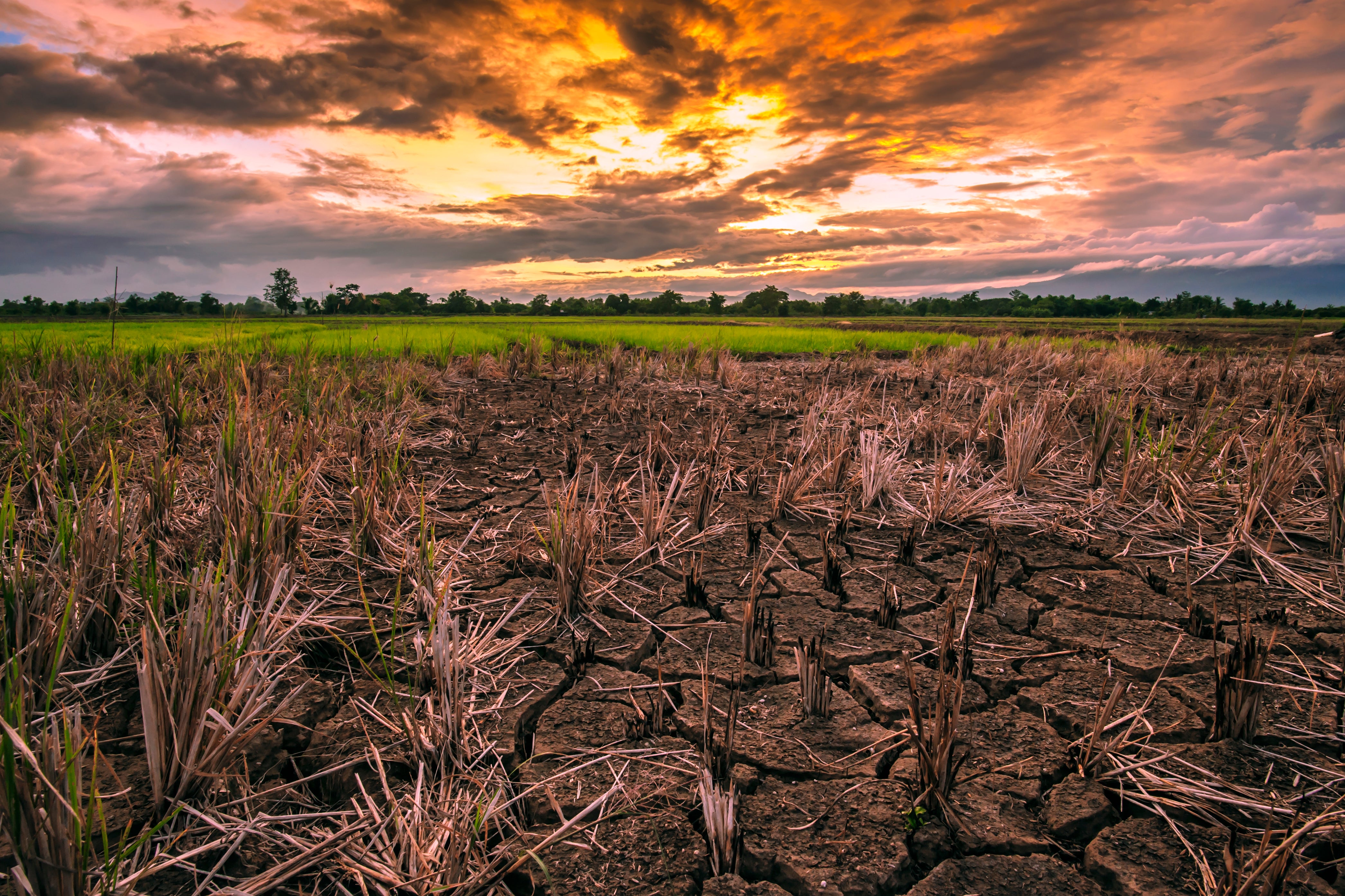
Our soils no longer contain the essential nutrients and trace elements we need for optimal human health because of decades of poor farming practices.
Essential minerals such as iodine and selenium are simply not present in soils and humans need to eat some food from the sea to access these minerals.
Reduce the environmental impact associated with growing, producing, transporting, and storing our food when we eat seaweed everyday.

Human health
Seaweeds are 'better foods' ~ nutritionally complete. They offer everything humans need for optimal health
Read more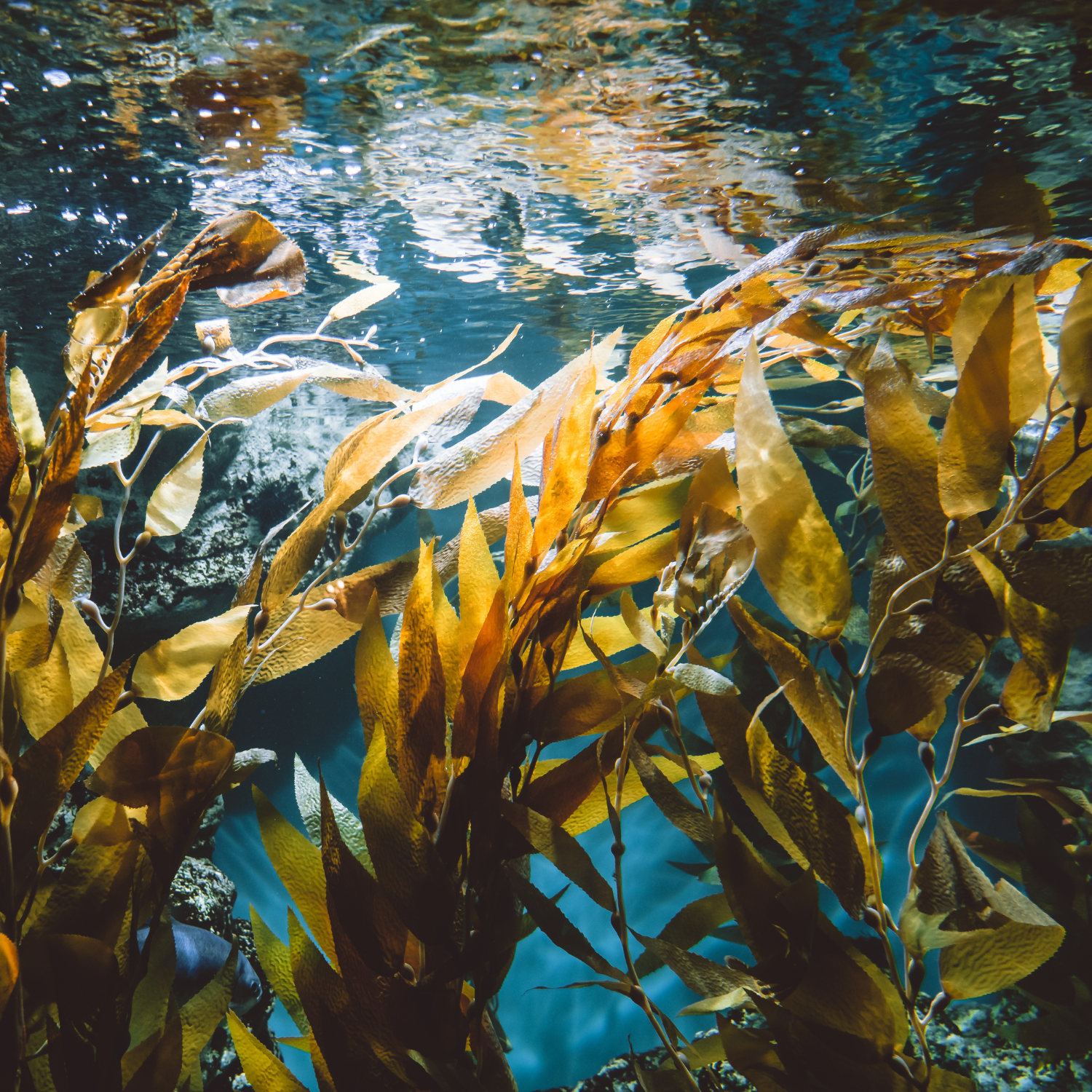
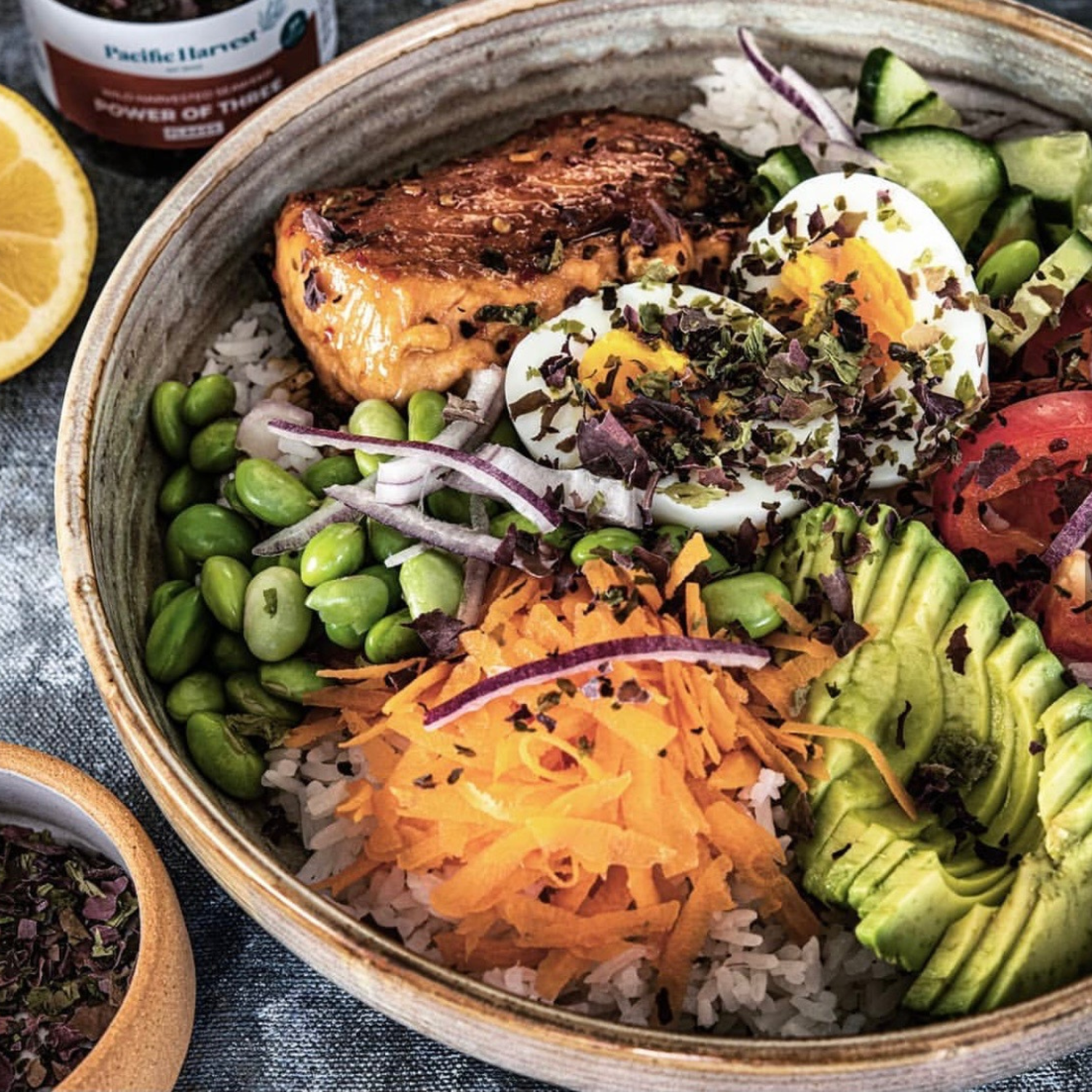
What is seaweed?
The term 'weed' does seaweeds a disservice with its negative connotations! Seaweeds (or sea vegetables) is an umbrella term for a group of macroalgae (multicellular organisms) that live in saltwater, brackish water or freshwater.
Whilst seaweeds are the ocean’s equivalent of land plants, there are a number of differences in their physical and chemical makeup when compared to land plants.
Green Seaweeds
Normally found in shallower salt and fresh waters and tend to favour nutrient rich waters. Sea Lettuce (also known as Ulva) is a delicious green seaweed which is bursting with nutrients and can be used in lots of ways in the kitchen.
Brown Seaweeds
Brown seaweeds’ are almost exclusively found in salt waters, and prefer colder temperatures. Kelp (some can grow up to 60m long), Kombu, Sea Spaghetti, and Wakame are popular edible brown seaweeds.
Red Seaweeds
Typically ‘red seaweeds’ live at the deeper depths (up to 250m) and mostly prefer warmer waters. Examples of popular edible red seaweeds are Nori (used in sushi), Dulse, Irish Moss, Sea Chicory and Agar.
Adding seaweed colours to everyday meals
Here are some suggestions on adding a variety of seaweed colours to everyday meals. As the nutrient density is rich, small amounts will do.
Sea Lettuce. A grassy, sorrel-like flavour.
Mildly peppery.
- Make salsas & pestos to serve with corn chips.
- Sprinkle flakes as a garnish on grains, potato dishes, or seafood.
- Add to butter and spreads.
- Use instead of parsley
- Add to salads, stir fries, soups, baking and smoothies.
Wakame – oyster like, delicate but strong flavour
Sea Spaghetti – Briny. will take on flavour of what it is soaked in.
- Drink miso soup
- Use Sea Spaghetti instead of noodles in or as an ingredient in salads
- Use Kelp or Kelp Salt instead of regular salt or seasoning during cooking
- Use our seasoned kelp range as a marinade or rub on meats
- Soak Kombu Strips or leaves when cooking beans and pulses
- Make seaweed stock with Kombu
- Use Wakame as an alterative to green vegetables in bakes, lasagnas or stirfries
- Add Kelp to smoothies
Nori - light mushroom like flavour which can change to more of a nutty flavour when roasted, or anchovy flavour when moist
Dulse - salty, smoky, 'vegan bacon'
Agar - odourless, colourless
Irish Moss - ocean flavour. Rinse to reduce
Sea Chicory - neutral. Will take on flavour of what it is soaked in
- Eat raw nori fronds straight from the bag
- Add nori as a vegan alternative to anchovy
- Make your own sushi sheets at home using Nori
- Add Dulse to soups, pesto, savoury baking. Pairs beautifully with eggs.
- Add Dulse and Irish Moss to smoothies.
- Sprinkle Nori on rice dishes
- Use Agar or Irish Moss as a vegan setting agent instead of
gelatine - Use Agar as a vegan alternative to egg white.
- Use Sea Chicory as a stunning garnish or addition to salads
- Make custard and deserts
using Agar, Irish Moss and Sea Chicory.
Most popular seaweeds
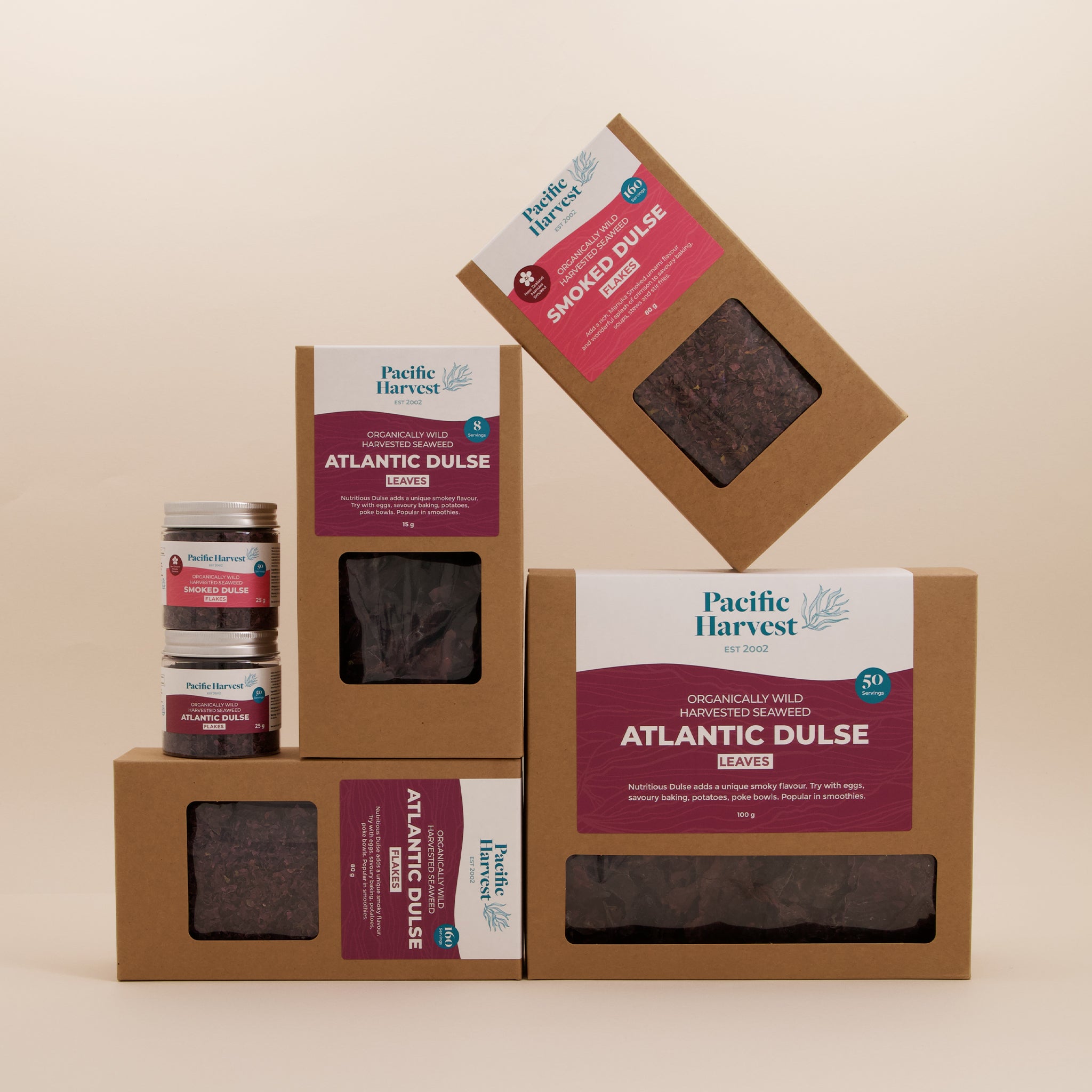
Seaweed Stockists
We're grateful for the support of a growing network of stockists. See who is local to you.
View stockists